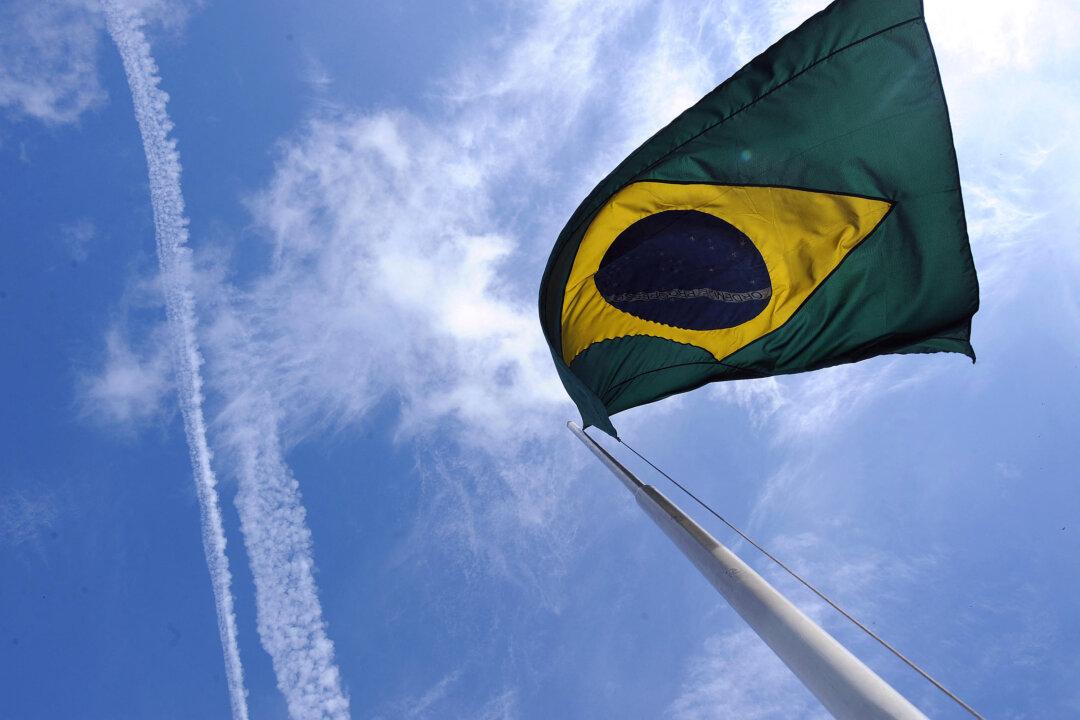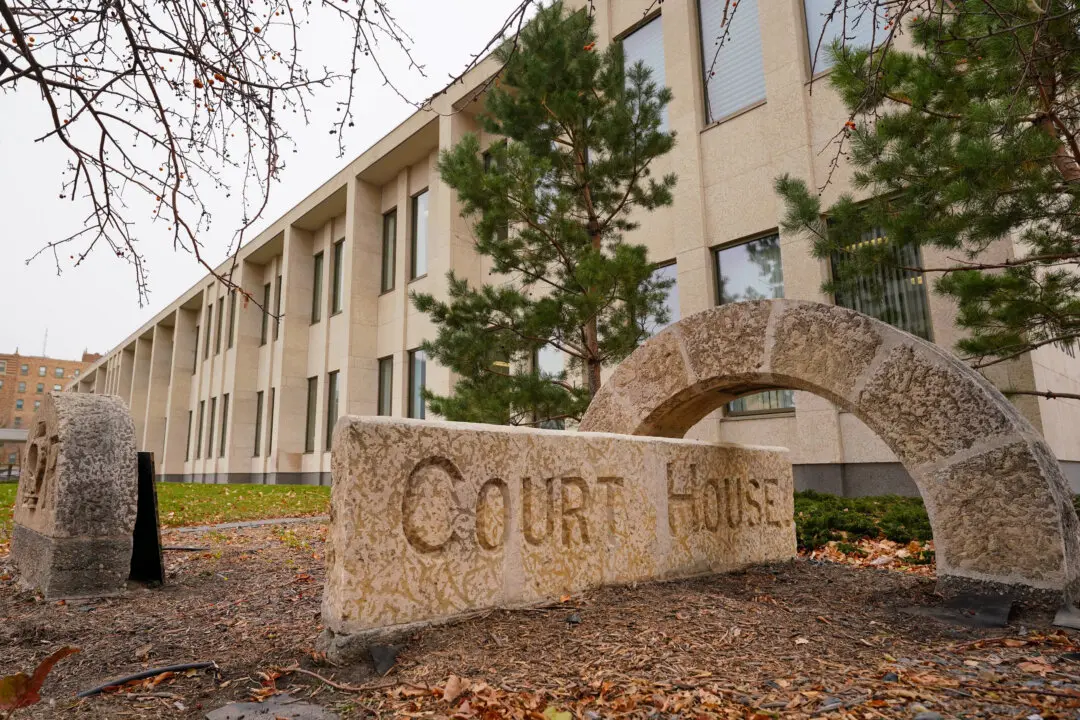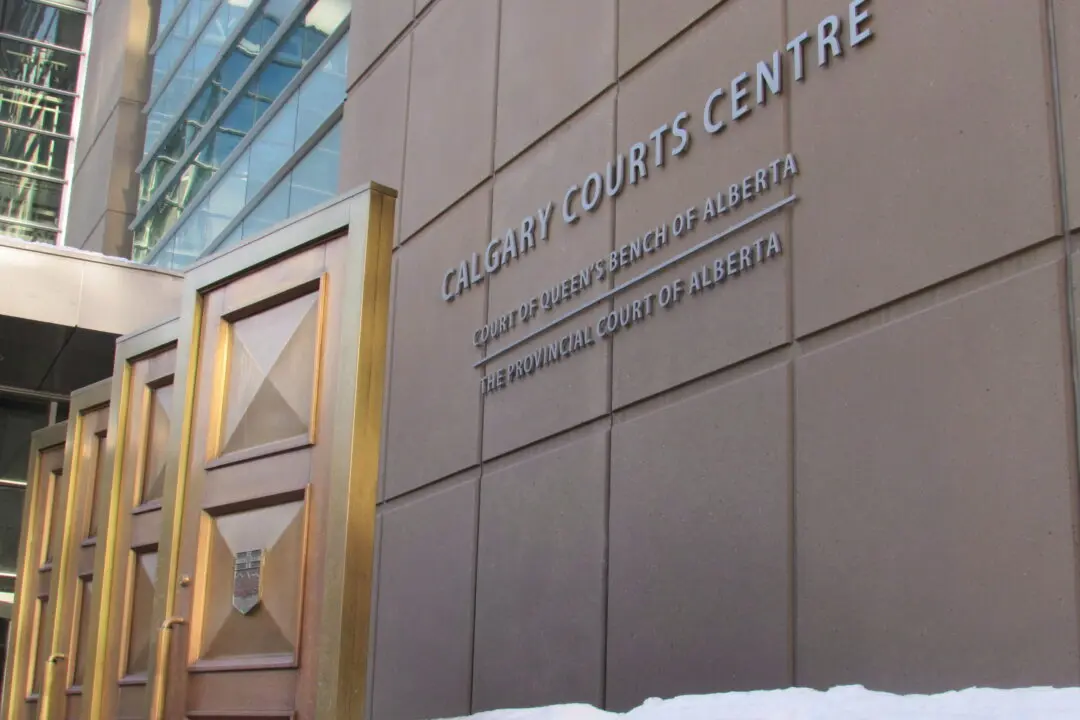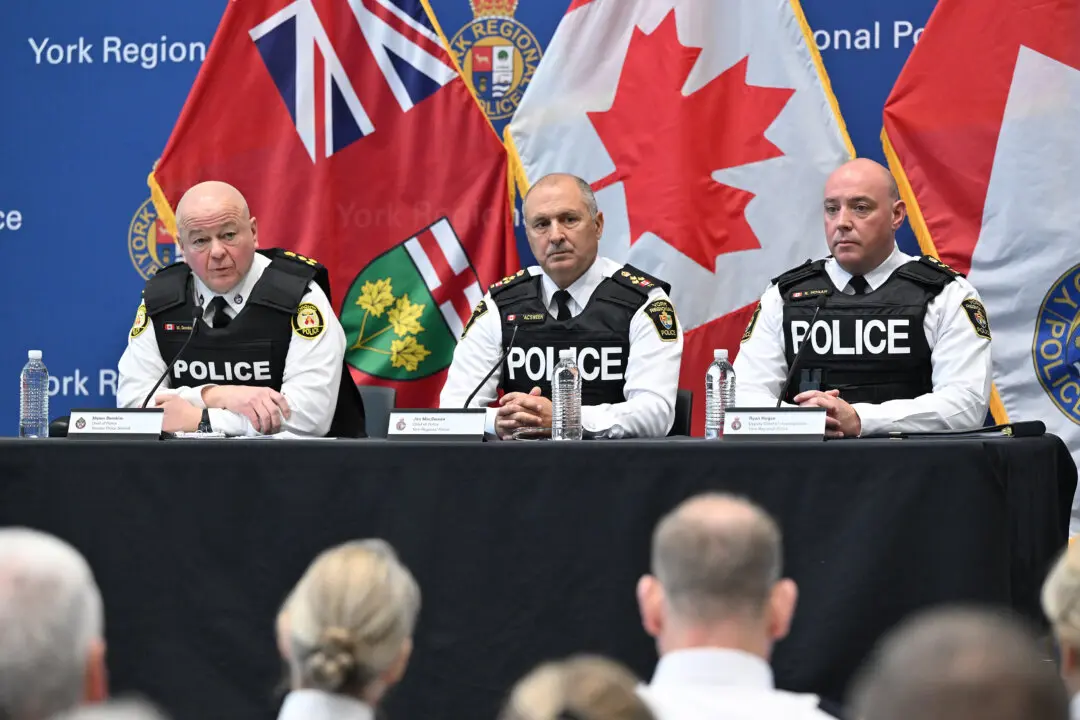Canadian passport holders will be required to secure a visa for entry into Brazil beginning April 10.
The new policy marks a change from the current guidelines that enable visa-free travel for a maximum of 90 days for purposes related to tourism and business. Visas are not required for business or student travel for visits lasting up to 90 days.





